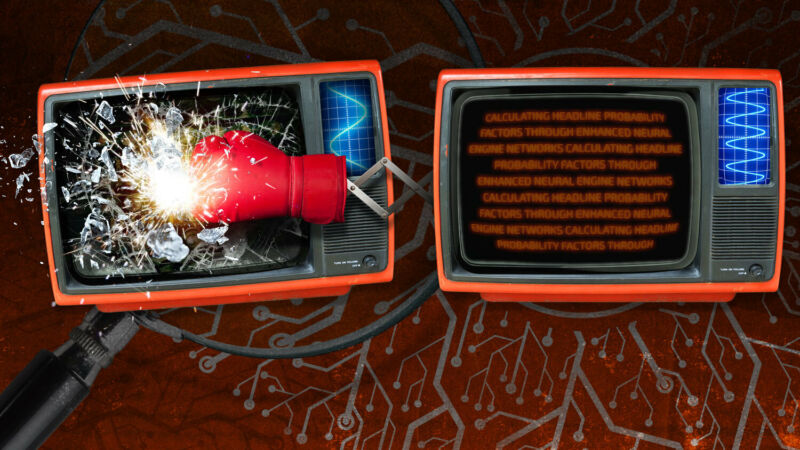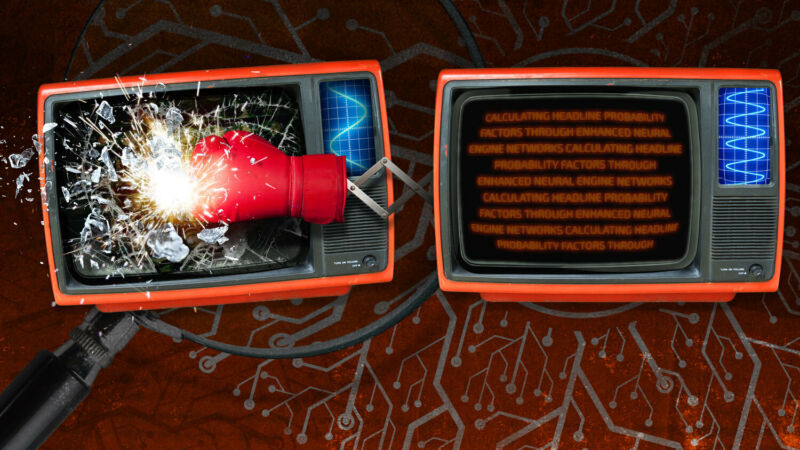
Every day, some little piece of logic constructed by very specific bits of artificial intelligence technology makes decisions that affect how you experience the world. It could be the ads that get served up to you on social media or shopping sites, or the facial recognition that unlocks your phone, or the directions you take to get to wherever you’re going. These discreet, unseen decisions are being made largely by algorithms created by machine learning (ML), a segment of artificial intelligence technology that is trained to identify correlation between sets of data and their outcomes. We’ve been hearing in movies and TV for years that computers control the world, but we’ve finally reached the point where the machines are making real autonomous decisions about stuff. Welcome to the future, I guess.
In my days as a staffer at Ars, I wrote no small amount about artificial intelligence and machine learning. I talked with data scientists who were building predictive analytic systems based on terabytes of telemetry from complex systems, and I babbled with developers trying to build systems that can defend networks against attacks—or, in certain circumstances, actually stage those attacks. I’ve also poked at the edges of the technology myself, using code and hardware to plug various things into AI programming interfaces (sometimes with horror-inducing results, as demonstrated by Bearlexa).
Many of the problems to which ML can be applied are tasks whose conditions are obvious to humans. That’s because we’re trained to notice those problems through observation—which cat is more floofy or at what time of day traffic gets the most congested. Other ML-appropriate problems could be solved by humans as well given enough raw data—if humans had a perfect memory, perfect eyesight, and an innate grasp of statistical modeling, that is.





